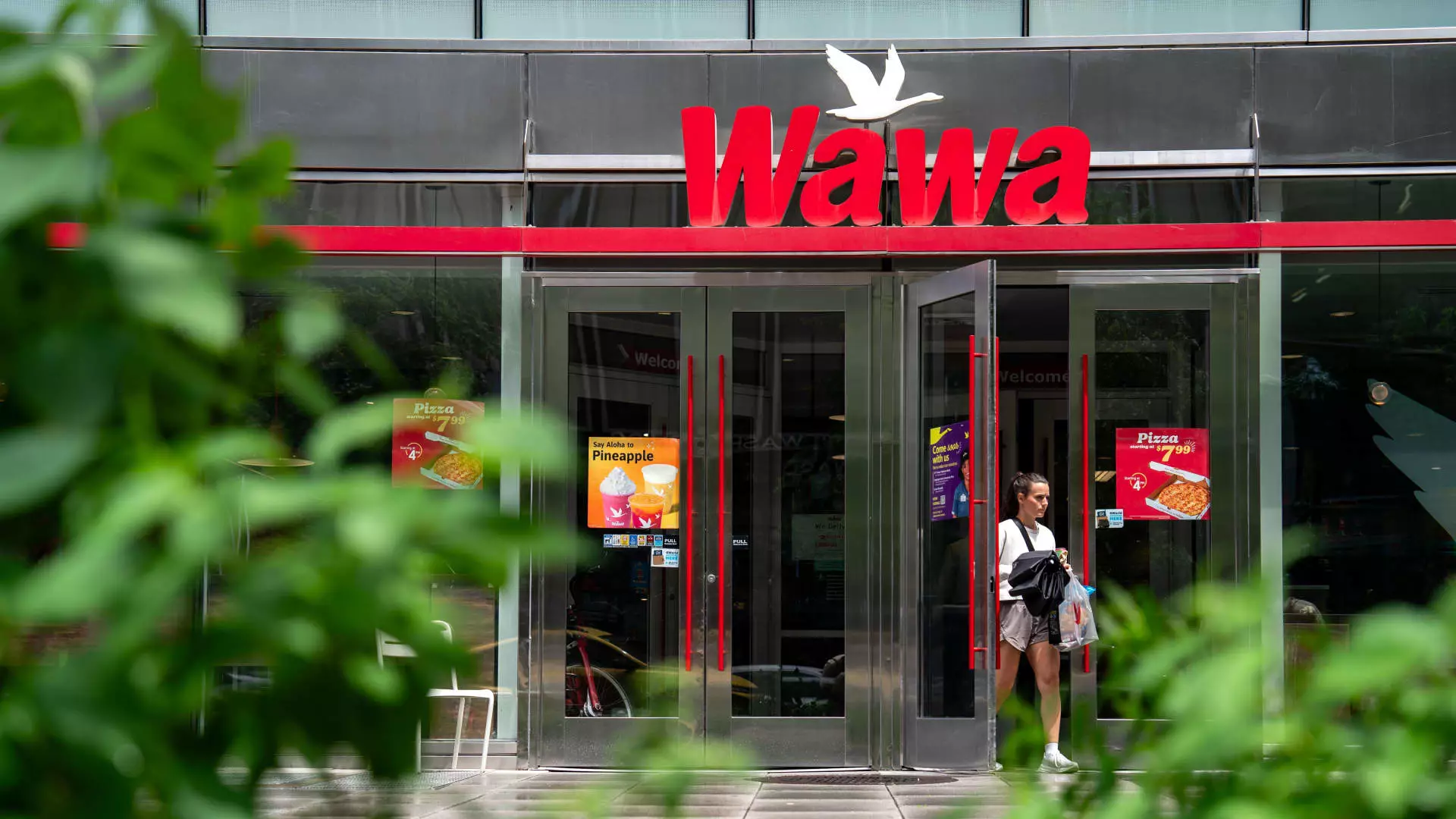For decades, fast-food giants have expertly positioned themselves as the champions of breakfast, aggressively vying to lure early risers away from their kitchens and into their branded outlets. Their game plan has revolved around convenience, speed, and the promise of unique, sometimes indulgent menu items. Yet, recent market dynamics suggest that this strategy is faltering, emblematic of a broader shift in consumer behavior and an unsettling erosion of fast-food breakfast supremacy. The industry’s stubborn reliance on traditional marketing tactics no longer resonates with a generation increasingly skeptical of mass-produced meals and artificially constructed convenience. Instead, what is emerging is a paradox: despite massive advertising campaigns, fast-food chains are losing crucial breakfast traffic to a quiet but relentless competitor—convenience stores.
This shift is not mere happenstance. It reflects a deeper re-evaluation among American consumers who, while still valuing convenience, are increasingly focused on freshness, variety, and the perceived value of what they consume. Convenience stores, once dismissed as quick stops for gasoline or snacks, have rapidly evolved into formidable foodservice players. Companies like Wawa, Sheetz, and 7-Eleven are capitalizing on this momentum by investing heavily in prepared foods, offering a broader spectrum of options, and branding themselves as more than just corner stores. Meanwhile, fast-food chains continue to struggle with falling morning traffic, with data revealing steady declines over multiple years, highlighting their inability to adapt swiftly enough to the consumer’s evolving palate and values.
The core issue is that traditional breakfast offerings from fast-food outlets are increasingly viewed as less appealing amid rising costs and greater availability of high-quality, fresh alternatives elsewhere. The ‘fast, cheap, and easy’ approach is losing its appeal in an era where quality and authenticity are highly valued. The pandemic accelerated changes already underway, but now, the resurgence of convenience stores as breakfast hubs indicates a significant industry disruption that could have long-lasting implications for fast-food giants.
The Rising Power of Convenience Stores and What It Means for Fast-Food Chains
The resurgence of convenience stores as breakfast venues is a wake-up call for the fast-food industry. These stores are leveraging their proximity, extended hours, and a focus on food quality to capture a larger slice of the morning market. Chains such as Wawa have seen their customer bases grow significantly, while mega-players like 7-Eleven are doubling down on prepared foods inspired by success stories abroad. In fact, the data underscores a stark reality: more consumers perceive convenience stores as a more attractive alternative, citing a broader variety of options and perceived value for money.
One compelling reason for this shift is the consumers’ perception of quality and freshness. Convenience stores that focus on offering made-to-order options—such as fresh breakfast sandwiches, pizza, smoothies, or yogurt—are winning loyalty in ways traditional fast-food outlets struggle to match. The old model of “grab and go” packaged breakfast is increasingly seen as uninspiring and lacking in genuine flavor and healthfulness. Consumers are willing to pay a premium for freshly prepared, customizable choices, viewing them as better overall value. This directly challenges the fast-food chains’ long-held dominance, which now faces stiff competition from a sector that is more aligned with current consumer expectations.
Furthermore, the cost-sensitive environment exacerbates this trend. With inflation driving up menu prices and a tight job market constrained wages, many Americans are rethinking their breakfast habits. While fast-food chains attempt to offer discounts and value meals, their efforts appear insufficient against the rising appeal of convenience stores, which market their broader arrays of affordable options. This trend questions the long-term viability of the fast-food breakfast model, which is increasingly viewed as outdated or less relevant in a landscape where quality, variety, and health consciousness matter more than ever.
What Does This Mean for the Future of Breakfast?
The ongoing shifts suggest a profound reimagining of what breakfast daytime service could look like. Fast-food companies, historically slower to innovate in the food quality space, are now attempting to retrofit their offerings by embracing some of their competitors’ successful strategies. From embracing more made-to-order options to reconsidering store layouts for better customer engagement, the industry is waking up to the need for change.
Yet, the challenge remains substantial. Convenience stores are not just competing on food quality—they are offering a more holistic experience, often integrated with other essential services like fuel, banking, or package pickup. This multi-functional approach makes them much more than traditional foodservice providers; they are becoming integral parts of consumers’ daily routines. To survive, fast-food brands must fundamentally rethink their value propositions, beyond discounts and promotional deals.
Moreover, the industry must reckon with the changing culinary landscape—where freshness, transparency, and customization are king. Fast-food giants need to invest in their own prepared food divisions, focus on quality ingredients, and perhaps most importantly, listen to their increasingly discerning customers. Otherwise, what was once a dominant force in the breakfast arena risks becoming background noise in a rapidly evolving foodservice environment that favors authenticity over automation.
In this moment of upheaval, the narrative is clear: convenience stores are not just a passing trend but a substantial force rewriting the rules of breakfast consumption. For fast-food giants to maintain relevance, they must recognize that consumers are no longer content with hastily assembled, mass-produced mornings—they are seeking real value, real choices, and real quality. The industry’s response, or lack thereof, will determine whether they adapt fast enough to stay in the game or be relegated to a nostalgic memory of breakfast years gone by.

